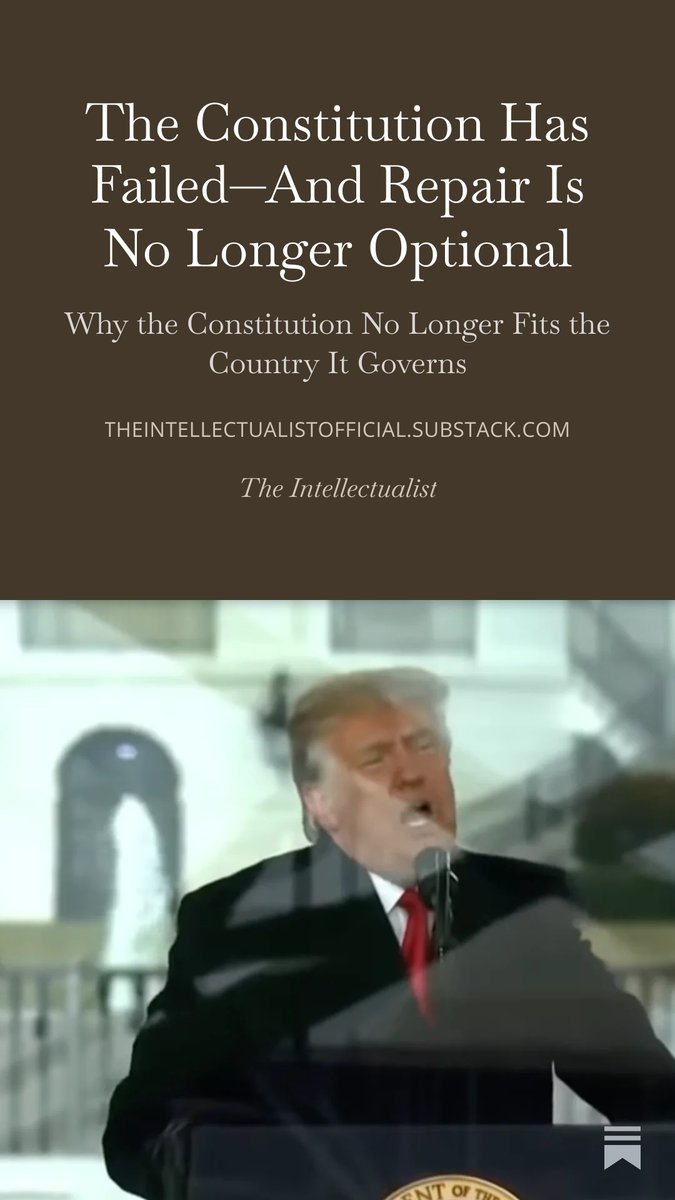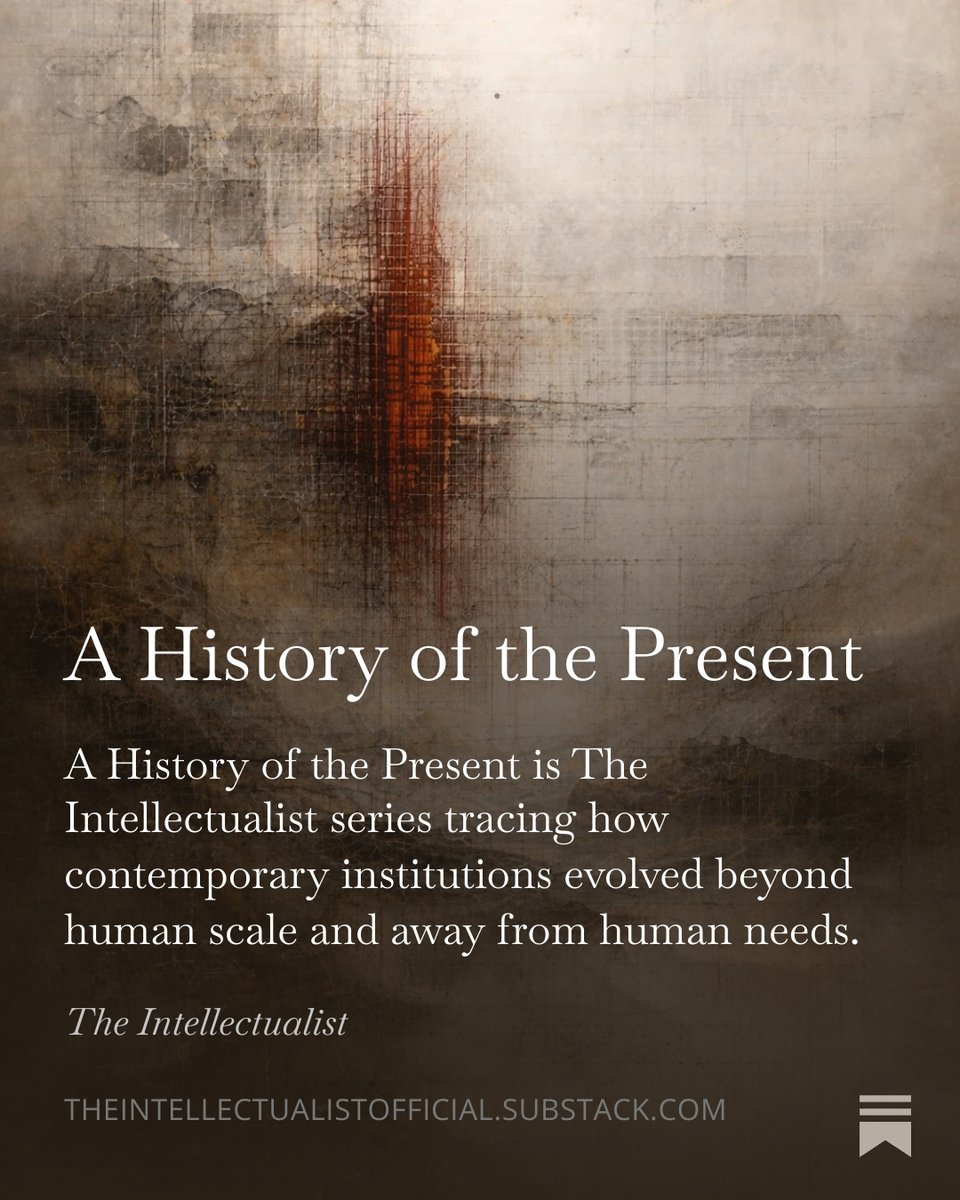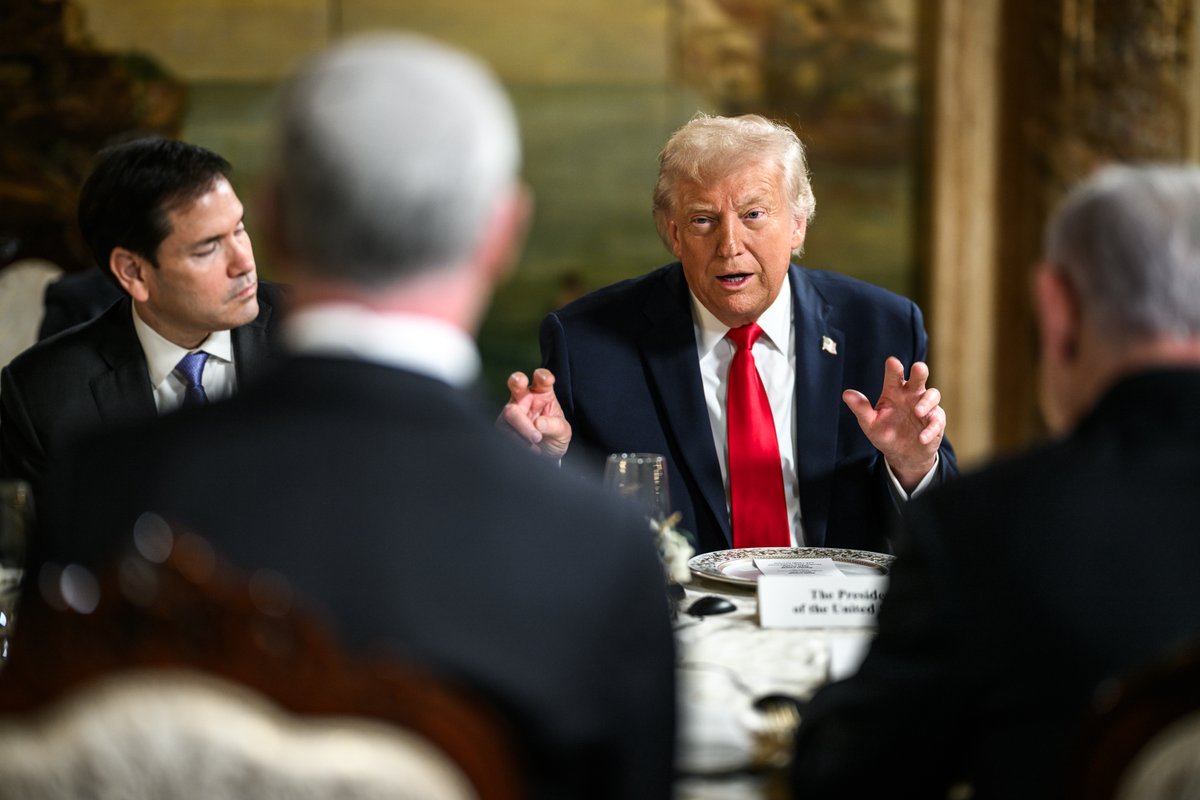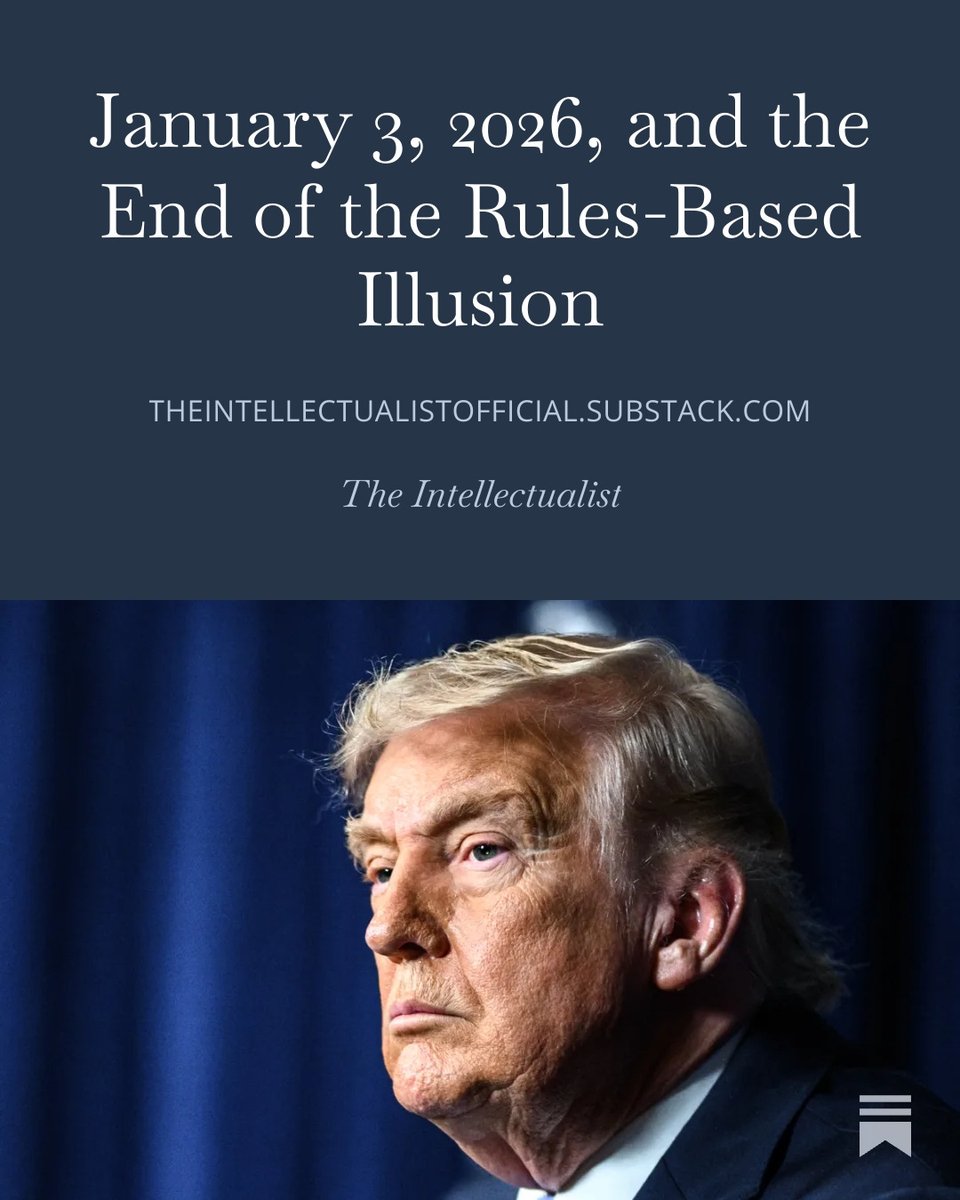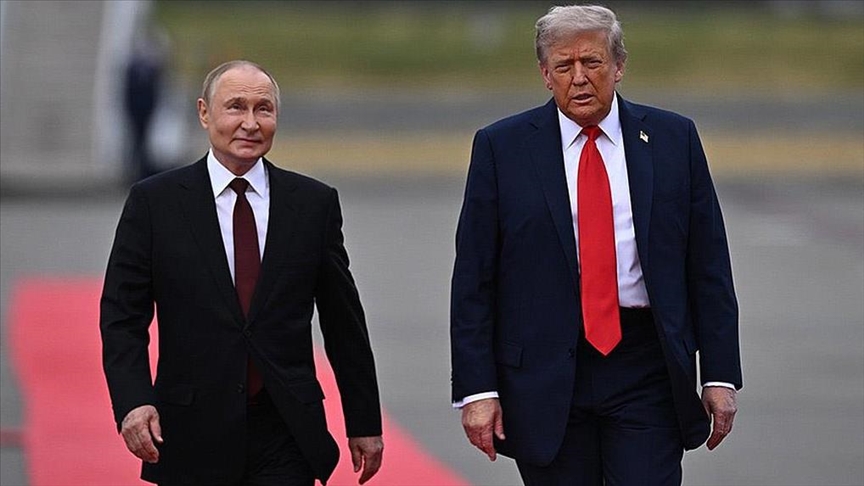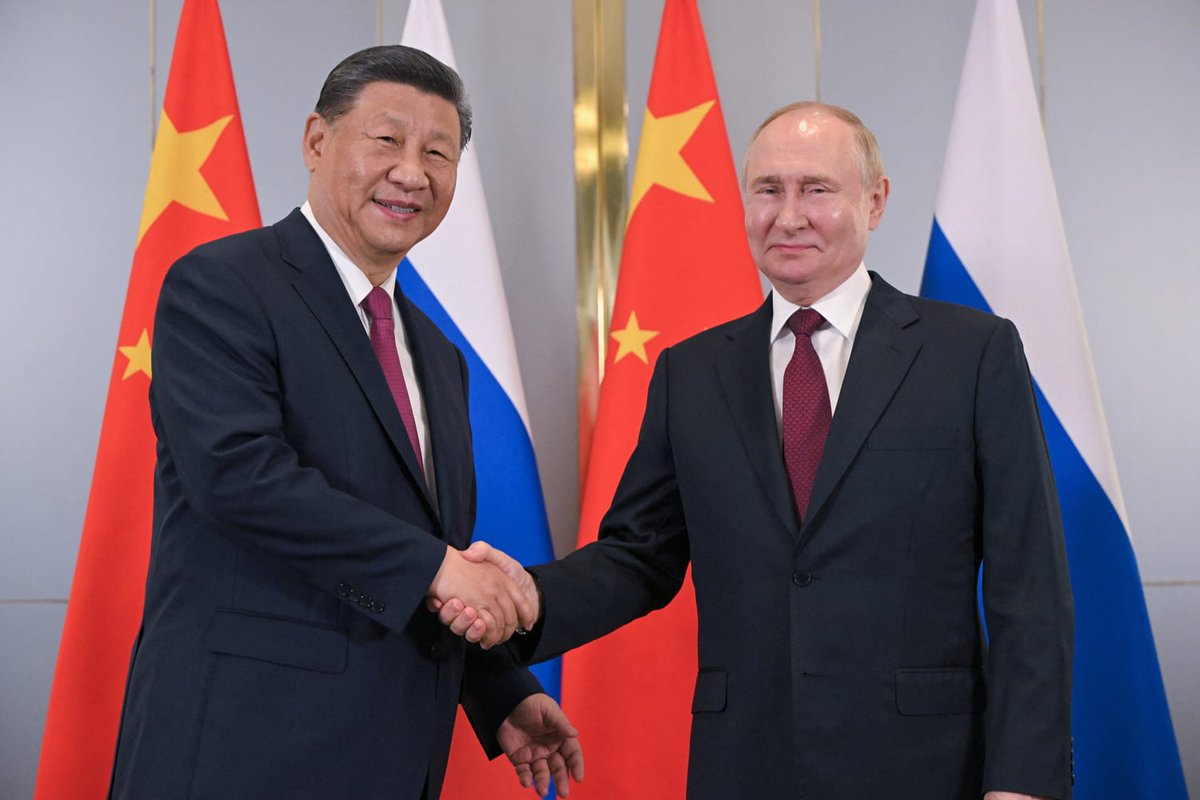1. Last year, Rep. Matt Gaetz (R-FL) defended Proud Boys member and far-right blogger Jacob Engels after Engels was suspended from Twitter for posting anti-Islamic hate speech.
mavenroundtable.io/theintellectua…
mavenroundtable.io/theintellectua…
2. Engels is also an associate of former Trump advisor Roger Stone and has been a contributor to InfoWars.
mavenroundtable.io/theintellectua…
mavenroundtable.io/theintellectua…
3. Gaetz, who has bought into the conservative “shadow ban” conspiracy theory, tweeted in Engels’ defense:
"It is very dangerous to have @Twitter kicking people off the platform because they don’t like their speech. This is a slippery slope. #FreeJacob”
mavenroundtable.io/theintellectua…
"It is very dangerous to have @Twitter kicking people off the platform because they don’t like their speech. This is a slippery slope. #FreeJacob”
mavenroundtable.io/theintellectua…
4. Engels was suspended in February 2019 for posting misinformation about Rep. Ilhan Omar (D-MN), saying in her America there would be “roaming rape gangs,” “massive terrorist attacks,” and that Christian preachers would be arrested.
mavenroundtable.io/theintellectua…
mavenroundtable.io/theintellectua…
• • •
Missing some Tweet in this thread? You can try to
force a refresh





